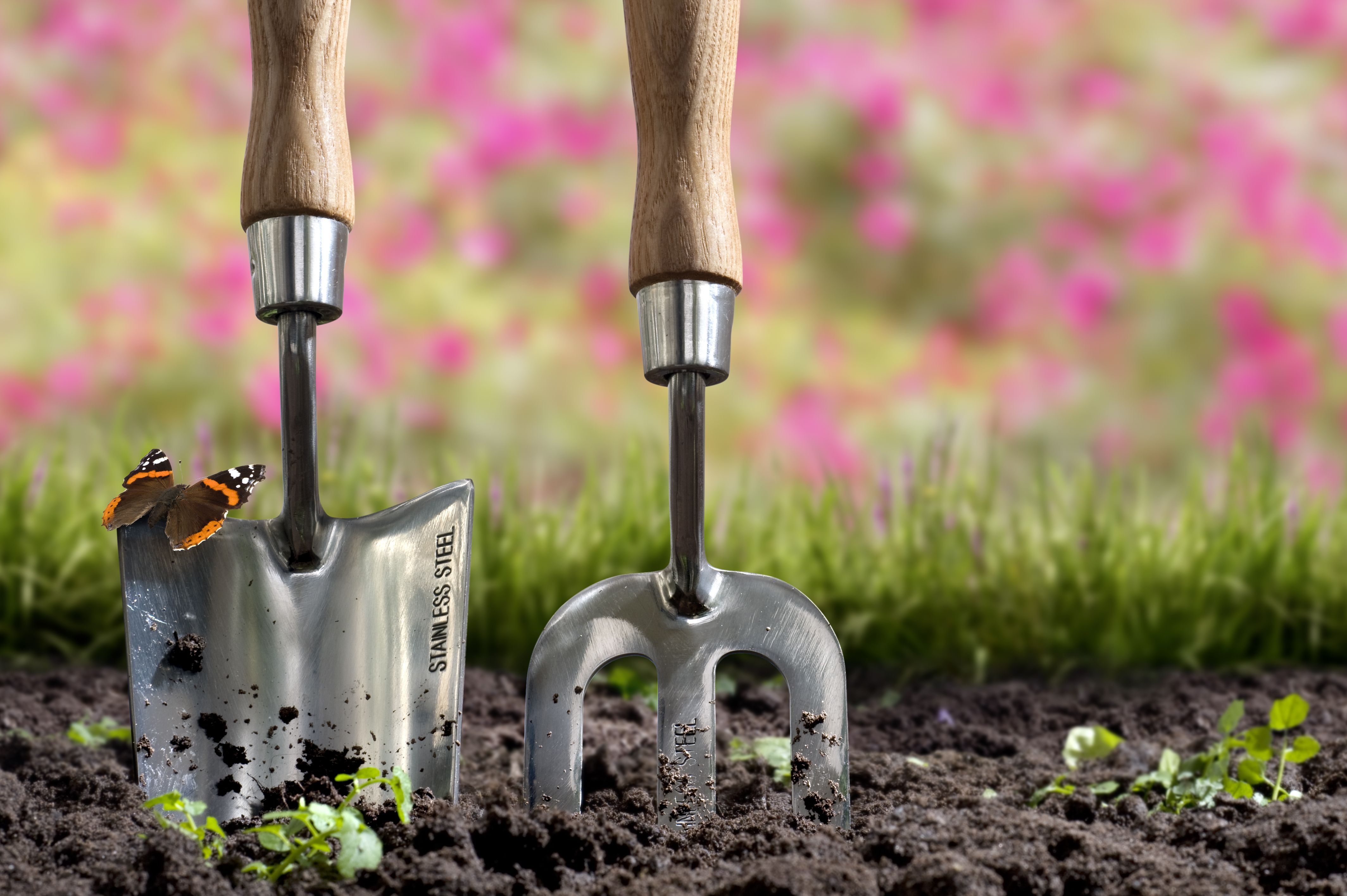Sustainable Gardening Practices for an Eco-Friendly Yard
Sustainable Gardening Practices for an Eco-Friendly Yard
Blog Article
Recognizing the Various Kinds Of Gardening and Exactly How They Add to a Healthier Lifestyle and Atmosphere

Advantages of Veggie Horticulture
Several people are progressively identifying the myriad advantages of veggie horticulture as a vital part of a much healthier way of life. Participating in veggie horticulture supplies numerous physical health and wellness benefits, consisting of boosted exercise, which boosts cardio wellness and promotes general physical fitness. The act of growing, weeding, and harvesting needs motion and can assist combat inactive habits, adding to weight management and improved muscle tone.
Moreover, cultivating one's own vegetables considerably enhances dietary top quality. Homegrown fruit and vegetables is often fresher and more nutrient-dense contrasted to store-bought choices, as it can be taken in shortly after harvest. This availability encourages a better consumption of fruits and veggies, which are vital for avoiding chronic illness.
In addition, vegetable gardening cultivates mental well-being by giving a therapeutic electrical outlet for stress and anxiety alleviation and relaxation. The act of often tending to plants can be reflective, allowing individuals to link with nature and leave the pressures of every day life. Moreover, the lasting technique of growing one's very own food minimizes reliance on business agriculture, adding to environmental conservation and advertising biodiversity. Jointly, these benefits highlight the relevance of veggie gardening as a keystone of a healthier lifestyle.
Checking Out Blossom Horticulture

Along with visual advantages, flower gardening supports local ecosystems. Numerous blooming plants bring in pollinators, such as and butterflies, which are crucial for preserving biodiversity. The existence of varied vegetation can also boost soil health and wellness, as numerous plants add to nutrient biking and boost dirt structure.
Additionally, blossoms can play a substantial role in promoting sustainable practices. Many gardeners go with native or drought-resistant types, which need less water and very little chemical inputs. This method not only benefits the environment however likewise motivates liable gardening routines.
Eventually, blossom gardening acts as a crucial element of an all natural horticulture strategy. Gardening. By growing elegance and sustaining regional environments, it integrates with veggie gardening and underscores the significance of supporting both our physical and psychological wellness through nature
Container Horticulture Advantages
Container gardening offers numerous benefits that make it an attractive choice for both beginner and skilled gardeners. One of the key advantages is its adaptability; containers can be positioned on patios, balconies, or perhaps indoors, permitting horticulture precede with limited ground accessibility. This versatility allows individuals in urban settings or those with little yards to grow plants efficiently.
Additionally, container gardening offers enhanced control over dirt quality and dampness levels. Gardeners can choose particular soil blends to optimize plant wellness and minimize issues like weeds and parasites. The movement of containers additionally permits very easy moving to make best use of sunlight direct exposure or safeguard plants from stormy weather condition.
Furthermore, container yards can be cosmetically pleasing, providing a possibility for creativity in style. Gardening. They can act as ornamental components that boost outside or interior rooms while promoting biodiversity by drawing in pollinators
Last but not least, container gardening can add to a healthier way of living by encouraging exercise, as it usually involves training, growing, and keeping plants. In general, the advantages of container gardening make it an accessible and satisfying practice for those seeking to boost their anchor lifestyle and setting.
The Rise of Vertical Gardening
As metropolitan rooms become progressively crowded, the pattern of vertical gardening has taken off, enabling people to optimize their gardening potential in restricted areas. This ingenious technique entails growing plants in vertical frameworks, such as wall-mounted planters, trellises, or specialized vertical garden systems. The charm of vertical horticulture exists not just in its reliable use room yet additionally in its aesthetic contribution to metropolitan settings, changing bare walls into rich environment-friendly landscapes.
Vertical gardens can be mounted in homes, balconies, and community spaces, providing a system for growing a variety of plants, including natural herbs, veggies, and decorative flowers. This method investigate this site motivates biodiversity and can boost air high quality by filtering contaminants while promoting a link to nature in largely inhabited locations. Furthermore, vertical gardening supplies sensible advantages, such as enhanced yield per square foot, making it an eye-catching alternative for metropolitan gardeners looking for to expand their own food.

Lasting Practices in Horticulture
Embracing sustainable methods in horticulture is important for promoting environmental wellness and ensuring the viability of our natural resources. Lasting gardening techniques concentrate on reducing ecological influence, saving water, and promoting biodiversity. By executing methods such as organic gardening, garden enthusiasts can reduce making use of synthetic fertilizers and pesticides, which can harm local communities.
Friend growing is an additional reliable lasting technique, where certain plants are grown with each other to boost growth and discourage bugs naturally. Additionally, utilizing indigenous plants in landscaping supports local wild animals and needs less upkeep, as they are naturally adapted to the regional climate and soil problems.
Water preservation techniques, such as rain harvesting and drip watering, help to effectively handle water resources, hence decreasing waste. Composting organic waste not just enriches the dirt but additionally minimizes landfill contributions, advertising a circular economic situation.
Finally, practicing plant turning and cover chopping enhances dirt health and minimizes the risk of insect invasions. By integrating these sustainable techniques, gardeners can develop resistant ecosystems that add to a much healthier way of living while securing the environment for future generations.
Final Thought

In final thought, the varied approaches of gardening, including vegetable, blossom, container, and upright horticulture, collectively advertise a much healthier way of living and enhance environmental sustainability. Each type uses distinctive benefits, from offering fresh fruit and vegetables and bring click this site in pollinators to maximizing limited spaces and encouraging biodiversity. By promoting lasting methods, these horticulture comes close to not just add to specific health but also support wider eco-friendly preservation initiatives, inevitably reducing dependence on business farming and enhancing community resilience.
Report this page